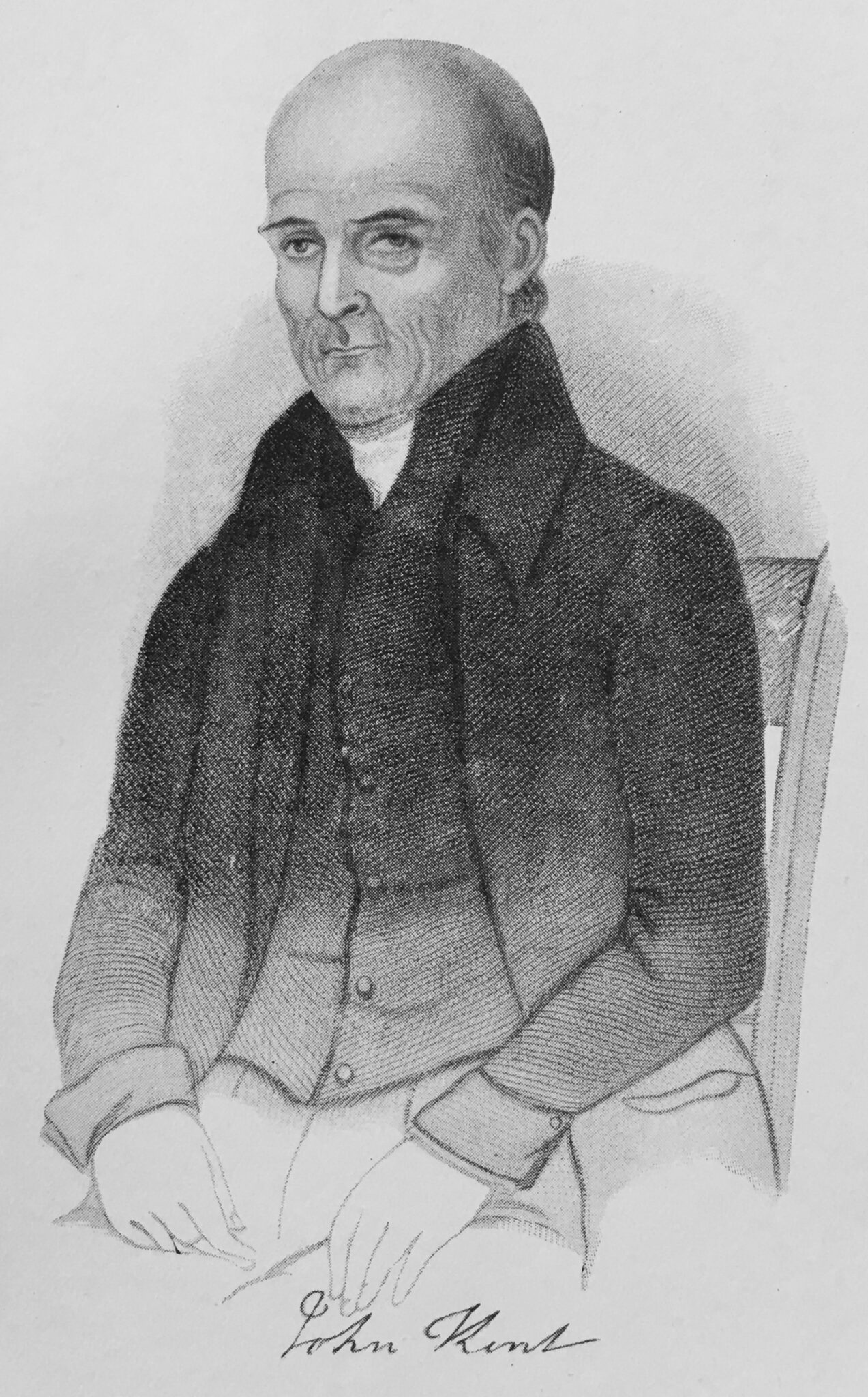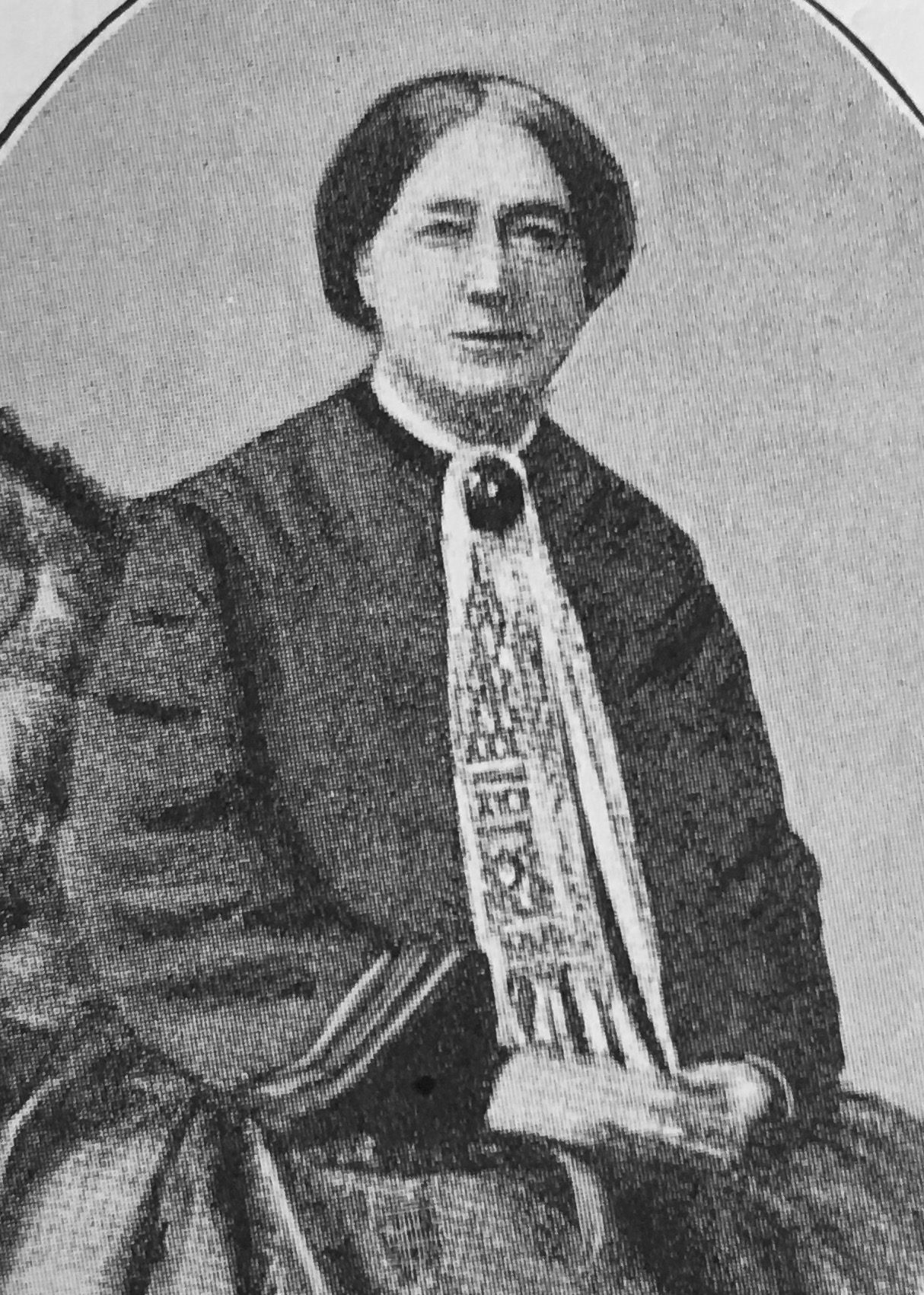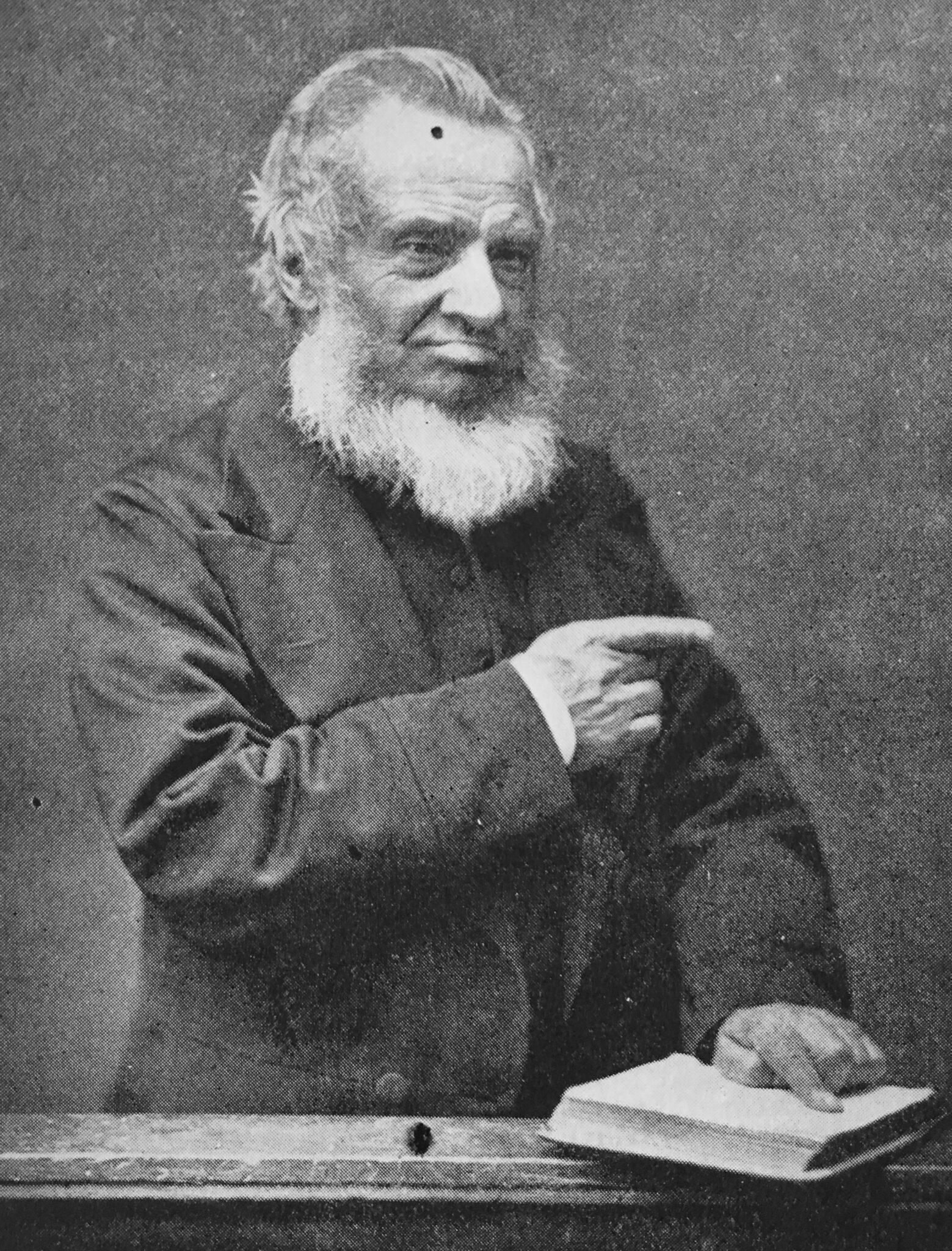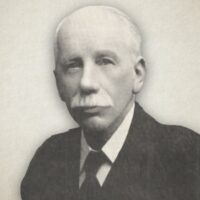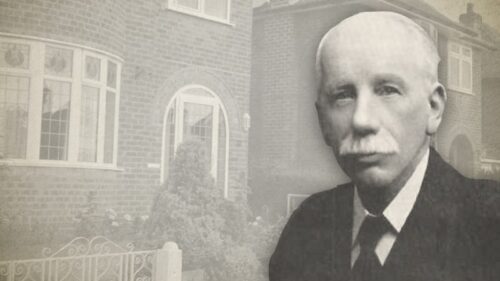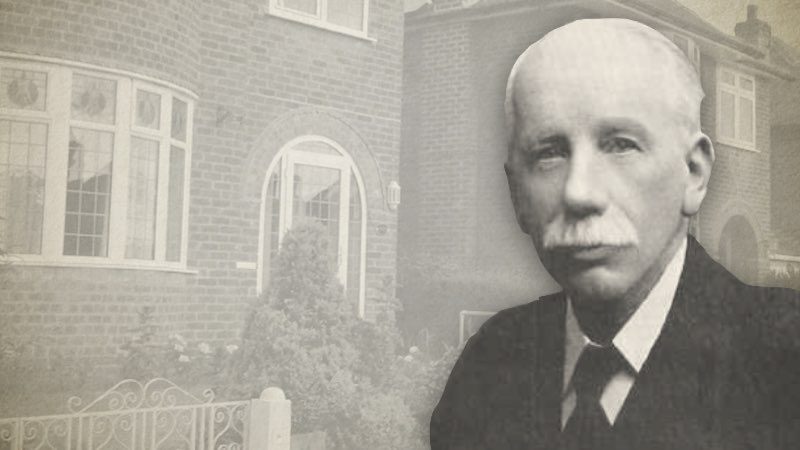
Chapter 8: Literature
“Cast thy bread upon the waters; for thou shalt find it after many days.”—Ecclesiastes 11:1
The literature of the past century, expository of the distinctive truths of the Gospel, has been of singular value; and whilst it lacks the massiveness and majesty of the doctrinal Puritans and the beauty and power of others, it is adapted to the period in which we live, for it translates with unction and scripturalness immortal truths into the language of the day. The works of Huntington, already referred to, have become Christian classics amongst us, and few gracious readers can peruse his “Contemplations on the God of Israel,” or his “Posthumous Letters,” without being stirred and edified.
Mr. Philpot’s writings have also been named; they will endure as long as God has a people here, and the exercised believer and the young and inquiring Christian will never fail to derive impulse and instruction from them. The works of these two authors alone are sufficient to disprove the baseless assertion that the free and sovereign grace Churches have no literature worthy of the name.
Two hymn writers not previously mentioned should have a place here. John Kent (1766-1843) was born at Bideford and became a shipwright in Plymouth Dockyard.
During his life he wrote hymns as he had opportunity, and notwithstanding severe personal and family bereavements continued to bear testimony to the reality of the covenant of which his poetry speaks so grandly. Before attaining the age of sixty he was afflicted with total blindness and had to lay aside his pen. He died rejoicing in the finished work of Christ as his only ground of hope. There is muck force, fulness and fervour in his best hymns. How many have been helped and blest by such as “What cheering words are these,” “Sovereign grace o’er sin abounding,” and “Hark, how the blood-bought host above.” Such hymns, with all their sacred associations, come home to our hearts and differ altogether from the weak and sentimental effusions of many present-day writers. Kent’s dying testimony was blessed. The 27th Psalm having been read to him, he raised his trembling hand and said with much feeling, “I can put my hand upon the whole of that.” “I am in the arms of everlasting love.” “We must all appear before the judgment seat of Christ”—”That portion has cut me to the heart, while at the same time it has been my hope. If I am to stand by myself to give an account, I am lost for ever; but it is the judgment seat of Christ; He is my Surety and has paid all demands. I shall be tried there by a covenant of grace, not a covenant of works—blessed be God for His great salvation.” “I bless God that the promises of the Gospel met me in all my wants, wounds, and wretchedness.” “I wish to die with ‘God be merciful to me a sinner,’ upon my lips.”
Anne Steele (1716-1778) was the daughter of William Steele, a timber merchant and pastor, without salary, of the Baptist Church at Broughton, in Hampshire.
Anne Steele’s Birthplace At Broughton
At an early age she showed a taste for literature, and after her call by grace began to write hymns. She suffered continually from delicacy of health, and her life was clouded by a great sorrow—the death of her betrothed while bathing—a few hours before the time of the wedding. These facts account for the tone of some of her beautiful hymns: “Father, what’er of earthly bliss,” “Far from these narrow scenes of night,” “Where is my God, does He retire?” These are indeed heart-breathings, but are equalled by her hymns to the Lord Jesus, especially those upon His sin-atoning death. George Herbert, of Bemerton, wrote in the seventeenth century—”The fineness which a hymn or psalm affords, Is when the soul unto the lines accords;” and, tried by this test, the poetry of covenant truth clearly answers to it.
Allusion has been made to Gadsby’s selection of hymns. Another useful Selection is that by David Denham (1791-1848), who was also the author of some original hymns. He was pastor of the Baptist Church at Horsell Common, Surrey, and afterwards at Plymouth, Margate, and last at Unicorn Yard, Tooley Street, Southwark. Joseph Irons was a warm friend of Denham, who himself was a useful and acceptable preacher. His best known hymn is, “‘Mid scenes of confusion and creature complaints.” He died suddenly at Yeovil and was buried in Bunhill Fields.
The 150 tracts of the late Mrs. Hoblyn (1813-1896), of Bath, are of the highest excellence, and the six small volumes into which they have been collected contain clear and beautiful expositions of the great verities of the gospel.
A. B. Hoblyn
Nothing is toned down or kept back, but with great power and appealing illustrations from daily life and experience these little messengers of salvation go forth. They are models of what tracts should be, and might always be kept in print if those who value pure truth would but purchase and distribute booklets in which there is no “dead fly.” Her exposure of doctrinal error was original and powerful, and her literary style was of much purity. Among leaflet tracts to-day, those issued by the Pure Truth Mission, Hull, are clear, scriptural and interesting, and well worthy the attention of distributers.
Mrs. Hoblyn’s Letters were highly valued by the friends who were privileged to receive them. We give one, containing solemn warning: “We have passed into another decade of years (1890), but what of the ten years’ sins and all the back numbers! I have been looking a little into the worth, the almighty value, of the word ‘all’—such as ‘having forgiven all sin.’ It is a sovereign declaration—kingly, eternal and complete. What a mercy when the Spirit satisfies a poor sinner upon this all-important, this vital point—to want and to enjoy. The world does not want it—they show their native enmity to the truth, in all that leads to this most blessed fact when revealed to sinners; but the world hates it,and rushes to generalities for hope and help. It is a mercy to be broken off from false religion and Arminian professors, for there is no profit to be had in their free-will scheme; but it often leaves a sting behind. I find the reproach of the cross has not ceased; people will bear with some truths if error be added whereby they are neutralised, but if distinctive truth is put before them, then the enmity is soon seen. O for grace to cling to Jesus, ‘sink or swim,’ as Hart says.”
In the closing years of her life she was afflicted with loss of sight; but her mind was as vigorous as ever. Among her last utterances, ere she entered into the joy of her Lord were: “I am a sinner till my last sigh, and could never reach heaven but that the Scripture declares the way of salvation is through Christ, ‘Who of God is made unto us ‘wisdom’ (and I am foolish), ‘righteousness’ (and I am sinful), ‘sanctification’ (and I am unholy and unclean), ‘redemption’ (and I have wandered from Him). Therefore I cry, ‘Behold, O God our Shield, and look upon the faith of Thine annointed’—’Whiter than snow.”
Ruth Byran (1805-1860), of Nottingham, never wrote anything with a view to publication, but passages from her Diary, entitled “Handfuls of Purpose, or Gleanings from the Inner Life,” a book of 467 pages, and a selection from her “Letters,” comprised in a volume of 358 pages, reveal a mind of rare originality and power, and a heart that with spirituality and the deep insight of love, records precious things that will ever make this writer a favourite. “They shall speak of the glory of Thy kingdom and talk of Thy power,” may fitly be placed as the motto of her life and letters. Of a diffident and retiring disposition, she was so taught by the Holy Ghost that she could minister from her own heart to the hearts and consciences of others; the scenes of trial and soul-exercise through which she passed from early years, prepared her for her work. She had many years of darkness and knew much of the bondage of the law; after sixteen years of spiritual exercise she was led into Gospel freedom and was never “entangled again with the yoke of bondage.” She groaned daily under felt corruptions and was often harassed by the enemy, yet she was enabled to hold-fast the beginning of her confidence steadfast unto the end. Neither did she rest satisfied with the knowledge of her acceptance in the Beloved. She was ever seeking fresh revelations of His glorious Person and pressing after closer communion with the adorable Trinity.
She had a small income, which, from different causes, gradually diminished so as scarcely to supply her necessary wants; she sought to increase her little store by doing needlework, but was often sorely pressed. For some years she suffered from cancer, which at length proved fatal. On one occasion when called, like Israel of old, to pass through “a place of straits” (Pihahiroth), such was her importunity that she spent five hours on her knees wrestling with the Lord; nor did she wait in vain. She was weekly visitor to the Nottingham Refuge for Outcast Girls until her last illness laid her aside, and her addresses were characterised by solemnity and power.
A few sentences from this eminent and gracious woman will illustrate the value and preciousness of her thoughts.
“There is a talking of Christ which is impoverishing; that is, when the lips outrun the heart, but when He is dwelling there by faith and causing His Naphtali to give goodly words from Him, in such scattering there is increasing; He is honoured and the soul refreshed.”
“We may be active in our Lord’s cause, but not spiritual in our own souls. The reason why I thus
judge is from finding persons so lively in conversing upon what they are doing for the Lord, yet so slow to speak of what He is doing for them. They seem delighted to tell of the great things which are doing all around, but immediately shrink back if any heart-subject is brought home to them. They are so occupied in what they call working for Him that they hear little from Him, say little to Him, enjoy little of Him, and may truly say, ‘While I was busy here and there He was gone.”
“I feel more and more the deep importance of being kept in a freshness of experience by the anointings of the Spirit.”
“If the believer will be in worldly society, uncalled by Providence, his spirituality is sure to suffer blight.”
“How encouraging to read of the Lord putting wisdom into the hearts of men and women to guide their hands, though their work was for the Tabernacle and ours for the circumstances in which He has placed us, saying ‘Occupy till I come.’ He will as really instruct us as He did them.”
All through her writings there is a savour of Christ at once sweet and rare, with a marvellous richness and variety. “Oh, I would have none rest short of the revelation of His Person, though His benefits are all precious. O yes, He is ever the same without sameness, and will be to all eternity.’
Two other Christian women with very diverse gifts should be named—Mrs. Anne Dutton and Lady Powerscourt. The former died in the middle of the eighteenth century and is buried at Great Gransden, Hunts. Her writings and Letters are a rich mine of truth and were edited by Christopher Goulding, one of William Huntington’s deacons.
The Letters of Lady Powerscourt were written in the earlier part of the nineteenth century and are eminently helpful; they are brief, and the collection, edited by Dr. Daly, is a choice little book.
Several excellent magazines bear witness to the truths of sovereign and distinguishing grace; among them may again be named the “Sower” and the “Gleaner,” both commenced by Septimus Sears; “The Gospel Banner,” “The Friendly Companion,” “The Christian Pathway,” “Zion’s Witness,” “The Gospel Advocate,” and two valuable publications that have, alas, ceased to be issued—”The Remembrancer” and “The Surrey Tabernacle Witness.”
The “Gospel Magazine” is the oldest of religious periodicals, and has ever been characterised by clear and distinctive truth; it has a long and honourable history, having been commenced in 1766. Among its editors have been Toplady, whose immortal hymn, “Rock of Ages Cleft for Me,” first appeared in its pages, as also did “All Hail the Power of Jesus Name” and “Hark, my Soul, it is the Lord.” Walter Row (1756-1839) was its editor for forty-four years. He was a bookseller in Great Marlborough Street and was a man of much grace, wide and deep knowledge and keen insight; his argumentative powers and the intrepidity of his character constituted him a real leader in his day and generation. He sat under the ministry of Romaine, Hervey and Toplady, and feeling the power of the truths they preached he fearlessly maintained them in the face of all adversaries. With one sentence of his we close this reference. “I know that many of the partizans have done all in their power to put an extinguisher upon the pure gospel of Christ and have cruelly used many of the faithful dispensers of the truth, and have done all in their power to bring them into disrepute, and I am apprehensive they have run without being sent. I wish an inscription would have been put over the entrance to their meetings: ‘My counsel shall stand and I will do all My pleasure.'”
After Mr. Row’s death an interval of five months elapsed, during which the magazine was not satisfactorily conducted, and then Mr. D. A. Doudney purchased the copyright and became the editor, a post he held for fifty-three years. His opening address was written “in our peaceful room in Bath Cottage, Hornsey Road,” and was the commencement of blessed service in this sphere, the full results of which eternity alone will reveal. Dr. Doudney was succeeded in the editorship by one whose memory is precious, and whose writings have been greatly blest to the Lord’s people—George Cowell (1822-1894), author of the “Wayside Notes” of the “Gospel Magazine,” a beloved servant of God of wide business experience and the wielder of a-facile pen, edifying his readers month after month with experimental and expository writings of rare grace and fragrance. Upon taking up the editorship he wrote, in May, 1893, “Having written for our magazine for certainly forty-eight years, our principles are well known. We glory in walking in the good old paths of covenant love and mercy and in holding the distinctive doctrines of grace. We can make no unsanctified alliances with free-will and with the novelties and nonsense of the so-called religious world we can have nothing to do. Our firmness in Protestant principles and determined opposition to Romanism and Ritualism are well known.”
Few of the Lord’s servants have had so full a life as George Cowell. All his work in the Lord’s cause had to be done in the intervals of business, and his experience of men and affairs thus acquired gave to his words much practical value. Preaching, writing, conducting Bible classes and young men’s meetings, and visitation of the sick and dying were services he deemed it a privilege to carry out. He was no idle Christian, and, as “Isa” wrote at the time of his home-call, he was “Gathered to his people.”
“‘Gathered’ to the faithful servants,
Resting after brief employ;
Resting in the Master’s presence,
Sharing His eternal joy.”
“The Gospel Standard” owes its inception to the late Mr. John Gadsby, then a young man in the printing business in Manchester. By his persuasion his honoured father, William Gadsby, drew up a prospectus, and the title of the magazine, “The Gospel Standard; or, Feeble Christian’s Support,” was fixed upon, “not because it was ever intended to be set up as a standard to measure by, but as a standard or banner unfurled for the Gospel.” The first number was issued in August, 1835, and the first address and article were written by William Gadsby. William Tiptaft and Mrs. Ann Sturton were among the early contributors. About 1836, John M’Kenzie, of Preston, joined their ranks, displaying during his brief career great power as a preacher and writer. Mr. Philpot’s first review was upon John Warburton’s “Mercies of a Covenant God,” and appeared in April, 1838. Upon William Gadsby’s death, John M’Kenzie and J. C. Philpot became joint editors until the death of M’Kenzie in 1849; then Mr. Philpot was sole editor until his death. This magazine has done and is doing a good work. With reference to this the late Mr. John Gadsby wrote:—”At the time the Lord raised up Huntington in the South and my father in the North, and owned and blest the ‘Gospel Standard’ with the writings of Mr. Philpot and others, true religion had so greatly fallen, that though there might be some who preached the doctrines, there were few, if any, who did so in an experimental way, with the dew and savour of the Holy Spirit. There was little or no distinction made between those who held the doctrines in their judgments merely and those who, having been condemned in their consciences as breakers of God’s holy law in thought, word and deed, lost and ruined apparently beyond hope, felt their need of those doctrines and realised the soul-humbling and Christ-glorifying power of them in their hearts. Had it not been for these men and for those in immediate connection with them, such as Bourne, Brook and Vinall, and for this magazine having been owned of God in the promulgating and defending of those truths, all would now have seemed new. Dr. Owen’s works were lying dormant, Bishop Hall’s were known to few, and even Newton’s seemed almost forgotten. We hear some most dear and highly-esteemed men still in the flesh, and we often hear the same old blessed truths with new power, but, strictly speaking, we hear only what has been preached or written before, whether of doctrine, experience, or practice.”
Charles Waters Banks (1806-1886) was born at Ashford, Kent, and for upwards of sixty years occupied a unique position as editor and preacher, and during the whole of his long and strenuous life never required spectacles or any help of the sort.
Charles Waters Banks
When living in Cranbrook, God in the sovereignty of His grace began to work in his heart. At Canterbury he was brought into the liberty of the Gospel and joined the Baptist Church there. In 1831 he preached his first sermon at Littlebourne from “Hearken, my beloved brethren: hath not God chosen the poor of this world, rich in faith, and heirs of the kingdom which He hath promised to them that love Him?” He preached with acceptance in many parts of the country and became Pastor of the Church in Crosby Row, Borough, and then at Unicorn Yard, where David Denham had been Pastor; he closed his ministry at Speldhurst Road Chapel, Hackney. Mr. Banks was undoubtedly a man of genius, with a winning personality, but, owing to a lack of business aptitude and of judgment of men and things, his influence was to some extent limited. He had a passion for printing and editing and a pen ever ready to testify to the Gospel so precious to his soul. He started the “Christian Cabinet” directly after the repeal of the paper duty; in December, 1843, he published the first number of “The Earthen Vessel and Christian Record,” and for more than forty years was its sole editor and proprietor. It was at first autobiographical; with the commencement of the second volume it was enlarged to a demy octavo page—its present size—but twenty-four pages only. In March, 1851, Mr. Banks heard a voice within him saying, “Get up and write cheering words for seeking souls.” He then commenced “Cheering Words,” the first halfpenny monthly that ever appeared. In closing a volume of this publication, he wrote:—
“‘The year is going; good-night, we say;
We’ll soon be called to die;
On happier shores we’ll meet again;
Good-night, but not good-bye.’
My soul to the glorious Lord Jesus would all the praise and glory ascribe.”
The last time he preached was at Broseley, Salop, in July, 1885, in the Chapel once the place of Thomas Jones’ ministry, and in the graveyard of which his mortal remains rest, amidst scenery of great loveliness. Mr. Banks had no sympathy with political dissent or modern thought. He was a wide reader, but his Bible was the book to him. He was a pioneer in many respects, starting the London Gospel Mission for opening places in dark neighbourhoods where pure truth should be preached, the National Free Grace Tract Society, and the Poor Ministers’ Relief Society. These organisations no longer exist, but they were the means of implanting ideas of similar societies in the minds and hearts of others.
He was a voluminous writer, and it is wonderful how much he contrived to crowd into his busy life. “Am I dying?” he asked his medical attendant. The answer was, “If you are, you are ready.” “And willing,” was the response. His friend, Charles Gordelier, of Hackney, an able minister, whose published sermons are of solid worth, was the chief speaker at the Funeral Service in the Surrey Tabernacle.
Not a few published Sermons bear witness to the power and depth of various ministries; among such may be named the volume by Mr. J. K. Popham, of Brighton, recently issued. Mr. Edward Oarr, of Bath, and Mr. F. Kirby, of Ramsgate, have also published books of an instructive and spiritual character.
Two Works by Mr. W. Jeyes Styles ought to be more widely recognised. They are of permanent value, displaying thought, power and research—”The Manual of Faith and Practice,” 1887, and “Church Fellowship,” 1902.
We are rich in biographies published during the last century, and well nigh each has its distinct value. The portraiture of those who have gone before is most instructive, and such books as James Bourne’s “Life and Letters,” and those of John Hobbs (1796-1871), the blind minister of Staining Lane, George Wright, of Beccles, and others less known, show what manner of men our predecessors were. They were valiant for the truth and at the same time ready to direct any seeking sinner they might meet with; no lukewarm state was theirs. May it be ours to follow them, as far as they followed Christ, and to preach and write in view of eternity and eternal things, with Joseph Hart’s words in our memories:—
“Snares and dangers may beset,
For we are but travelers yet;
As the way indeed is hard,
May we keep a constant guard.
Neither lifted up with air,
Nor dejected to despair;
Always keeping Christ in view;
He will bring us safely through.”
John E. Hazelton (1924) was a Strict and Particular Baptist preacher. He was the son of John Hazelton (1822-1888). He was appointed the Pastor of Streatley Hall, London. In the December 1924 Issue, the Gospel Magazine wrote of him:
“For a period of fifteen years he faithfully ministered the Word of life to the Lord's people who met in Streatley Hall, London, and these are a selection of the sermons he preached there, lovingly collected together, and printed in book form. By way of introduction there is also printed A Declaration of Faith by Mr. Hazelton. This was found amongst his papers. It has never before been published. It is full of valuable teaching of such subjects as "The Peril and Needs of Our Churches," "The Holy Scriptures," "The Everlasting Covenant," "The Church," and "The Doctrine of Grace.” Mr. Hazelton was an able preacher of the everlasting Gospel, and he loved to exalt Christ and to abase the sinner. These sermons are full of rich Gospel teaching. They tell of a full and an eternal salvation, arranged and planned in the great Covenant of grace before the foundations of the world were laid. They tell of the electing love of God the Father, the redeeming work of God the Son on behalf of His Church and people, and of the regenerating and sanctifying work of God the Holy Ghost. They tell of the blood and righteousness of the Divine Surety of the everlasting Covenant. They are marked by fulness of Gospel truth and by tender and loving words to seeking and penitent sinners. They display a considerable knowledge and much care in preparation. They are the words of a true man of God who in dependence on the aid of the Divine Spirit earnestly proclaimed the Gospel of Divine grace in the prayerful hope that God the Holy Ghost would use the message as the means of regenerating the sinful objects of His eternal mercy. Space will not allow us to quote from these pages, but we strongly advise our readers at once to get the book and make it point of reading one of the sermons every week. Mr. Hazelton was called home on May 8th last. His last sermons were preached on April 6th and 13th, and they form the concluding sermons of this volume. A beautiful portrait of the beloved author forms the frontispiece. By these sermons, and by his valuable Declaration of Faith, he being dead, yet speaketh.”
John E. Hazelton Sermons
John E. Hazelton's "Hold-Fast" (Complete)
John E. Hazelton's Declaration Of Faith (Complete)



